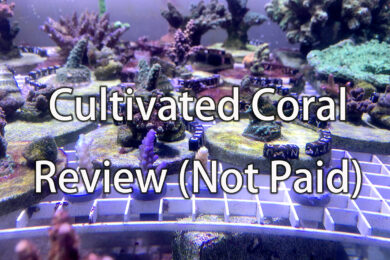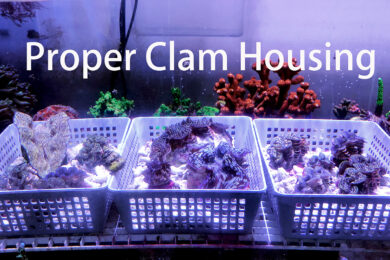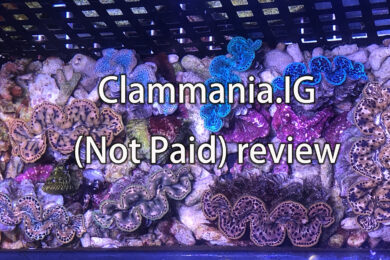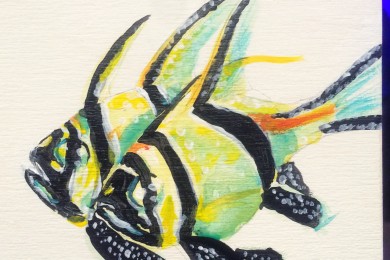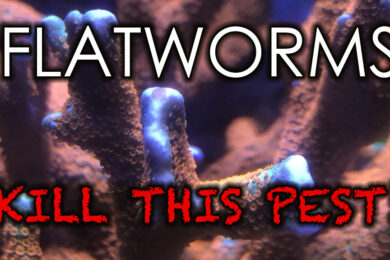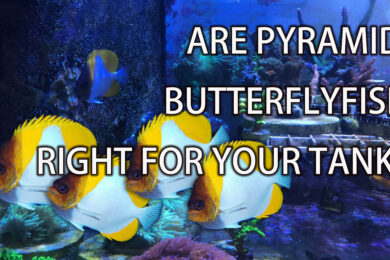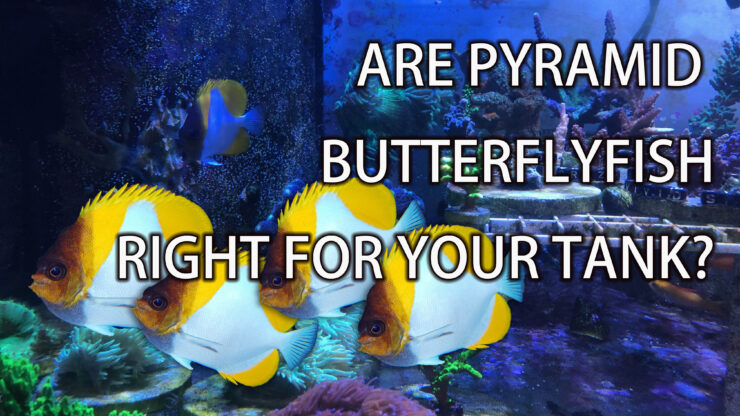Thank you for joining me today on this discussion! Steven here. If you enjoy my content please help support by liking, commenting, and subscribing! I really love sharing my reefing passion and love the encouragement to produce more contents to help inform fellow hobbyists, and to share the pleasure of reef keeping with the community.
Moving on with our “Are _____ Right for your Tank” series, I am taking a break from the tang/surgeonfish group. Instead, we will jump into another popular fish group in the hobby- the butterflyfish.
Please feel free to watch the video if you wish to skip the reading.

Currently the butterflyfish family consists of three main groups divided into 12 genus. At one point the butterflyfish were all considered part of the angelfish family. Overtime scientists separated the two by a very specific feature- the gill spine. Those with the spine remained within the angelfish family, and those without, are migrated into the butterflyfish family.
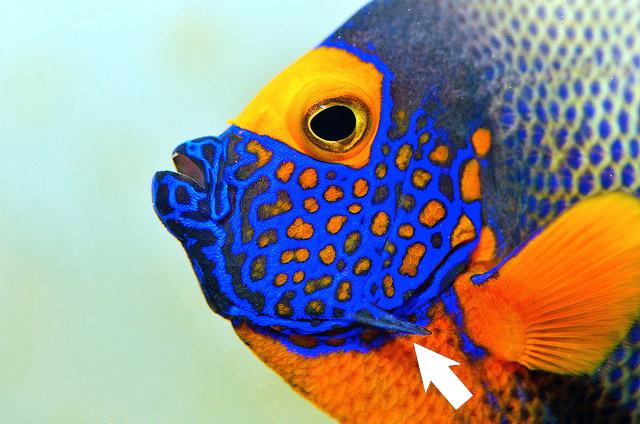
With the exception of those in the genus genicanthus, almost all angelfishes are labeled as “NOT reef safe” as their varied diet may include many crustaceans, soft or large polyps stony corals, or even sometimes small polyp stony corals. That said, many hobbyists have success keeping angelfish in mixed reef tank with very minimal harm to their corals and inverts.
Butterfly fish on the other hand, are almost all guaranteed to nip at your precious corals and pick on inverts. Except for one- the pyramid butterflyfish.
The pyramid butterfly fish, hemithaurichthys comes in two different color morphs, the species zoster has the black head and tail with a silver mid portion, while the polylepis has the yellow head (some had darker head than others) and tail with silver mid portion. Both are model citizens of the reef top since they are primarily planktivores.

The yellow pyramid butterflyfish. Depends on mood, physical condition, and geographic origin, some may have darker face than others.
I first fell in love with this fish when I snorkeled in Hawaii. In my opinion, the pyramid butterflyfish is the #3 symbolic Hawaiian reef fish behind the yellow tang and potter’s angelfish. They are slick in body shape, beautifully bright, has great personality and can be kept in groups in aquarium. They are peaceful. Most fishes will ignore them and they will not start wars with others. Easy to feed and maintain. And like I said, reef safe in my personal experience. As you can see in my video, I have two currently living in my sps farm tank.
OK maybe they aren’t 100% reef safe depends on what kind of coral. The truth is, my intention of getting them in the first place was hoping they’d clear up my pulsing xenia in the tank. I have heard legends of pyramid butterflyfish eating pulsing xenia (but won’t touch anything else). Turns out, the ones I have won’t even touch xenia. (If you know of another fish that won’t touch SPS, LPS, but will happily devour xenia, please leave comment and let me know).
One caveat about these fish- I have had multiple pyramid buterflyfish shipments arriving with damaged head/mouth area. And unfortunately once there is damage around their mouth it seems to be a one way ticket to the graveyard with nothing to remedy it. I am not certain if they just don’t ship well, or perhaps some kind of disease (fortunately I quarantine all my fish). But if you have similar experience with your fish on rotten mouth/head from shipment, please leave a comment and share your wisdom.
So are pyramid butterflyfish right for your tank? Personally I would highly recommend them. For as long as you have enough room in your tank. I won’t comment what size I think is enough for them because I don’t want to start wars, but I will urge everyone to use best judgement from the humane stand point of view. And in case you don’t already have a cover for your tank, won’t be a bad idea to get one because they can and will jump when startled (which is easily). Once I simply sat up from my chair and even that movement was enough to make them jump.
I have also heard some fellow reefers raised the issue of internal parasites with these fish. Personally I quarantine my fish so I have not encountered that issue. But if you have had experience dealing with it and believe they are more prone to parasite than others, please leave a comments to share your thoughts.
They eat like pigs and really aren’t picky at all. They are peaceful, for the most part reef safe, and can be kept in groups. If room allows, you should definitely consider getting multiples as multiples of fish in this size aren’t usually common (you can’t do that with most angels or tangs, unless you have a massive tank).
Happy to hear everyone’s opinion and experiences with this gorgeous fish!



